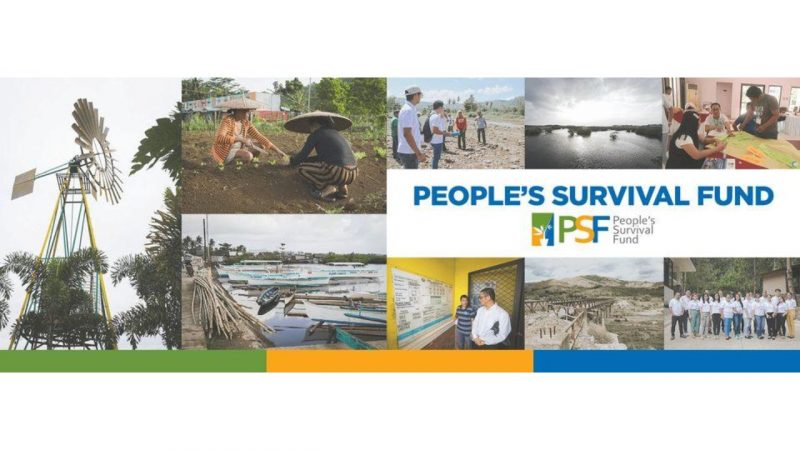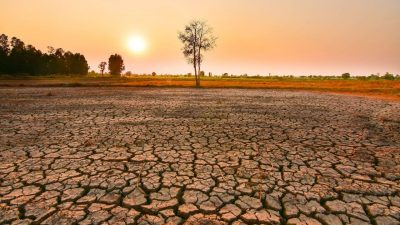MANILA — As President Ferdinand ‘Bongbong’ Romualdez Marcos Jr. encourages the Association of Southeast Asian Nations (ASEAN)-member states to firm up their climate action commitments, Climate Change Commissioner Albert Dela Cruz Sr. is urging the administration to use the People’s Survival Fund (PSF) in implementing mitigation and adaptation measures to ensure the country’s resiliency to climate change and global warming.
In an interview, Commissioner Dela Cruz disclosed that unused portions of the PSF could be utilized in climate action initiatives such as the establishment of impounding systems and total water ecosystems that would respond to environmental risks triggered by the impacts of the global phenomenon.
“Given the scale of climate change and the fact that the phenomenon affects many areas of people’s life, mitigation and adaptation is badly needed to take place on a nationwide scale. Our economies and societies as a whole need to become more resilient to climate impacts and what better way than to invest in adaptation initiatives that would help us respond to the impacts of climate change that have been causing the extreme weather conditions that we are experiencing now,” the climate official pointed out.
He added that it is important for adaptation to be done through a whole-of-nation and -community approach, efforts should be orchestrated by all local government units (LGUs), particularly those that are most vulnerable to climate risks and intensified incidents such as super typhoons and flashfloods.
“Roads and bridges may need to be built or adapted to withstand higher temperatures and more powerful storms. Some cities on coastlines may have to establish systems to prevent flooding in streets and underground transport. Mountainous regions may have to find ways to limit landslides and overflow from melting glaciers. Some communities may even need to move to new locations because it will be too difficult to adapt,” he cited.
Dela Cruz thus stressed the significance of utilizing the PSF because investing in adaptation makes a lot more sense than waiting and trying to catch up later, as many countries have learned during the Covid-19 pandemic.
“Protecting people now saves more lives and reduces risks moving forward. It makes financial sense too because the longer we wait, the more the costs will escalate. Spending now will save lives and reduce costs later on. If all of this sounds expensive, it really is. The important thing, though, is to remember that we already learning a lot about how to adapt,” Dela Cruz explained. (ai/mnm)



